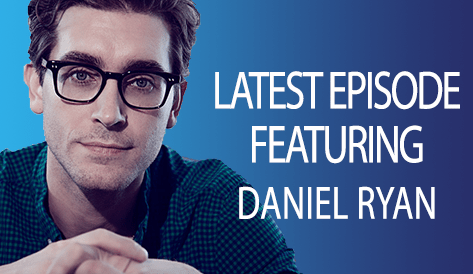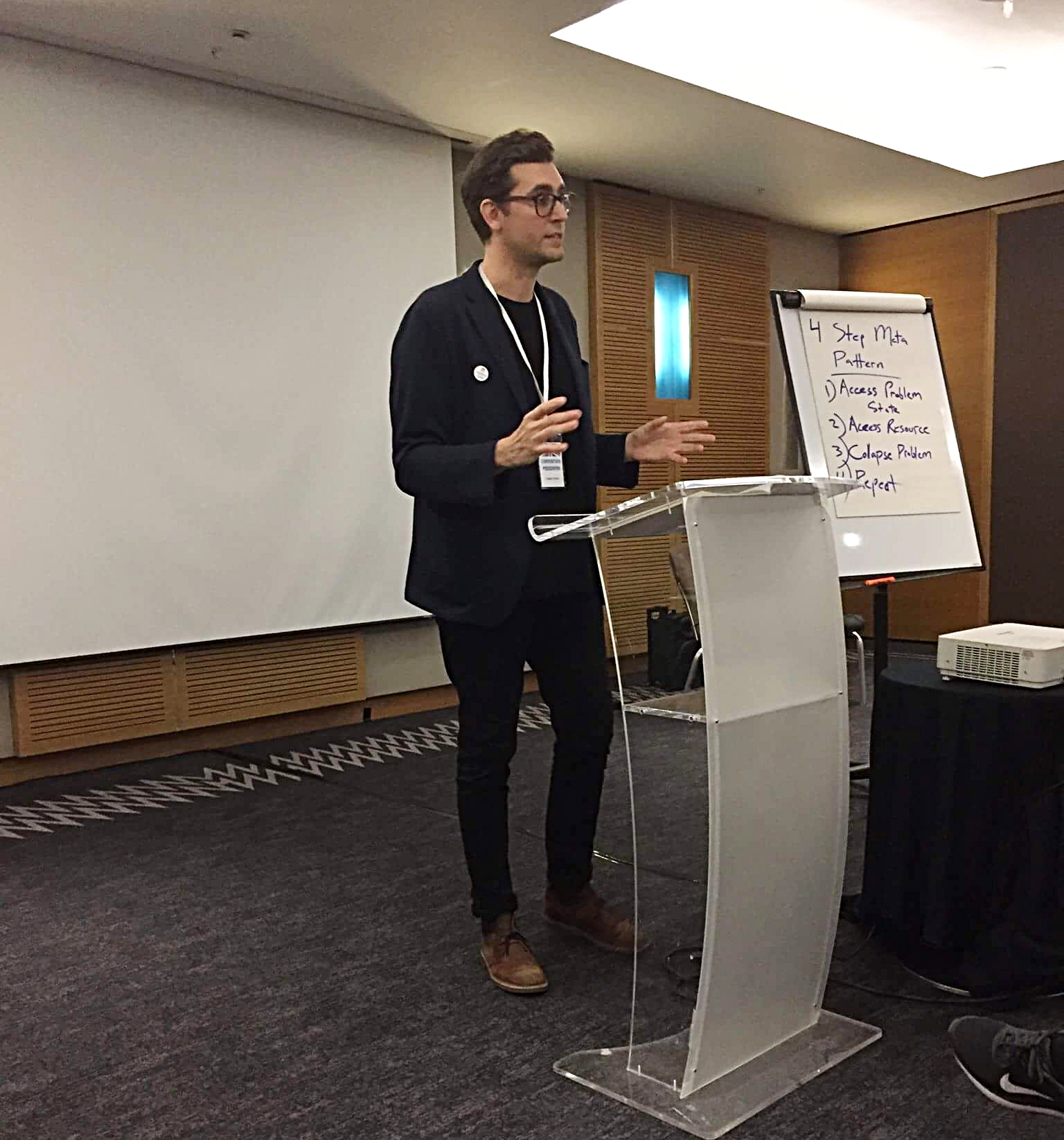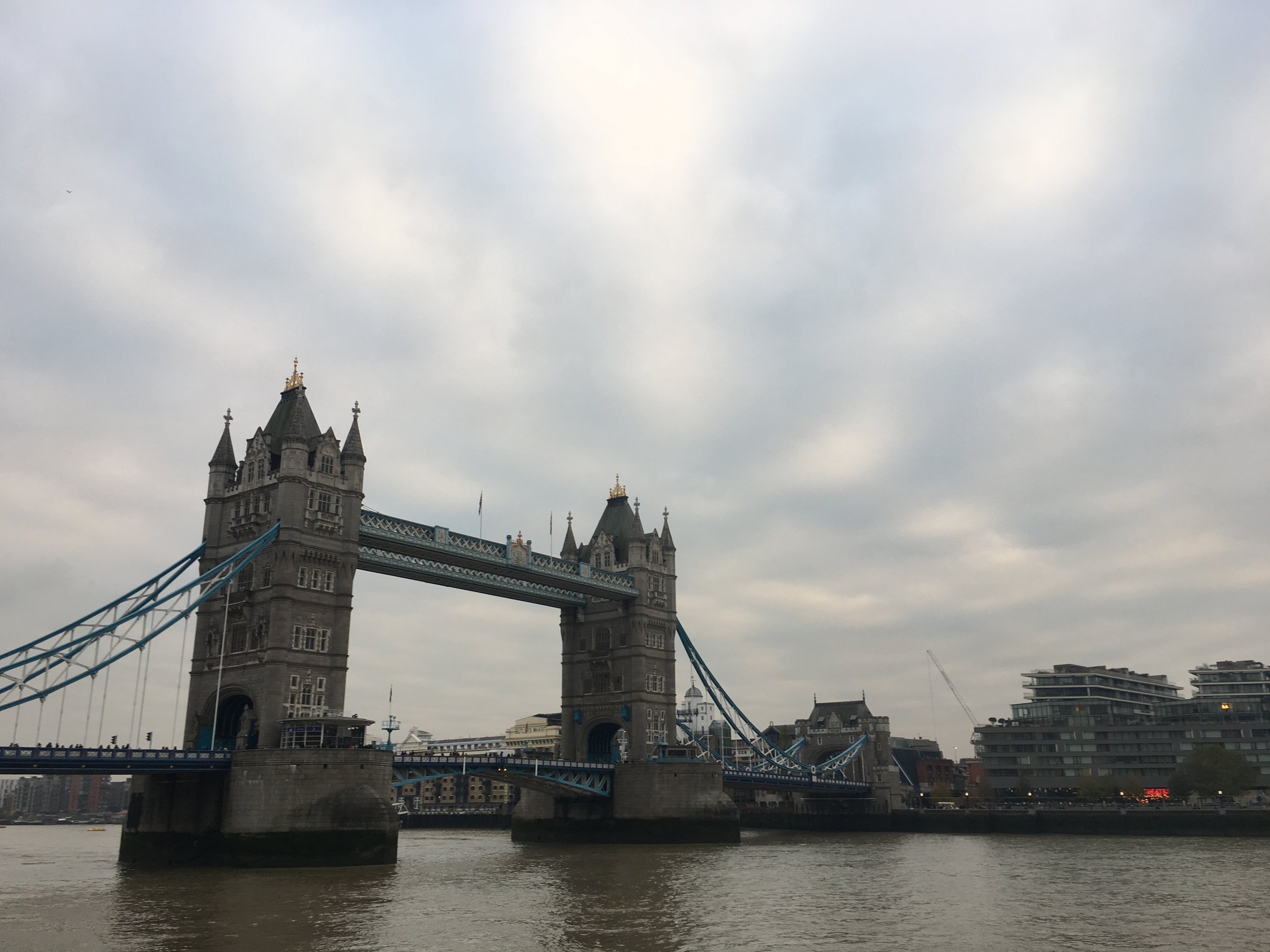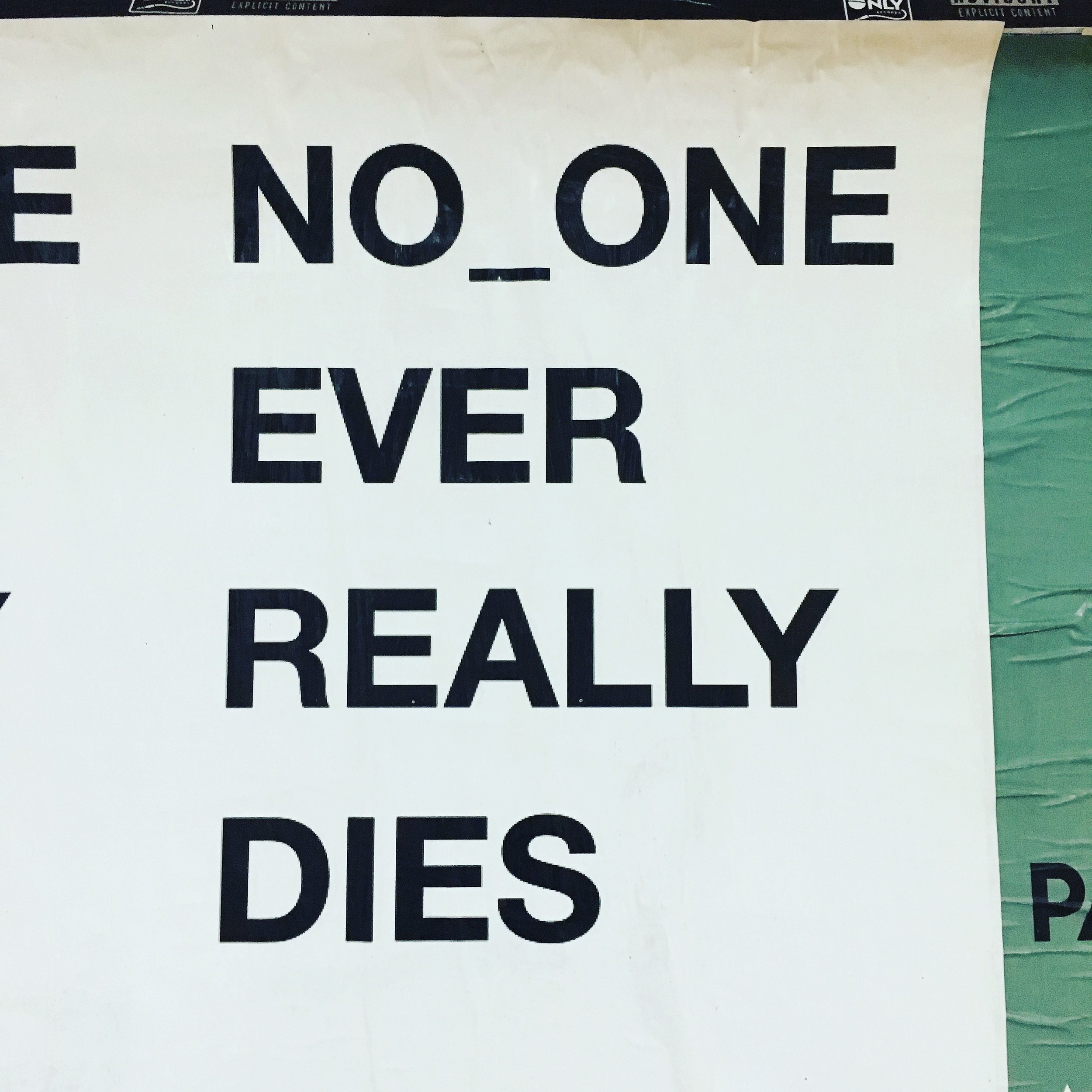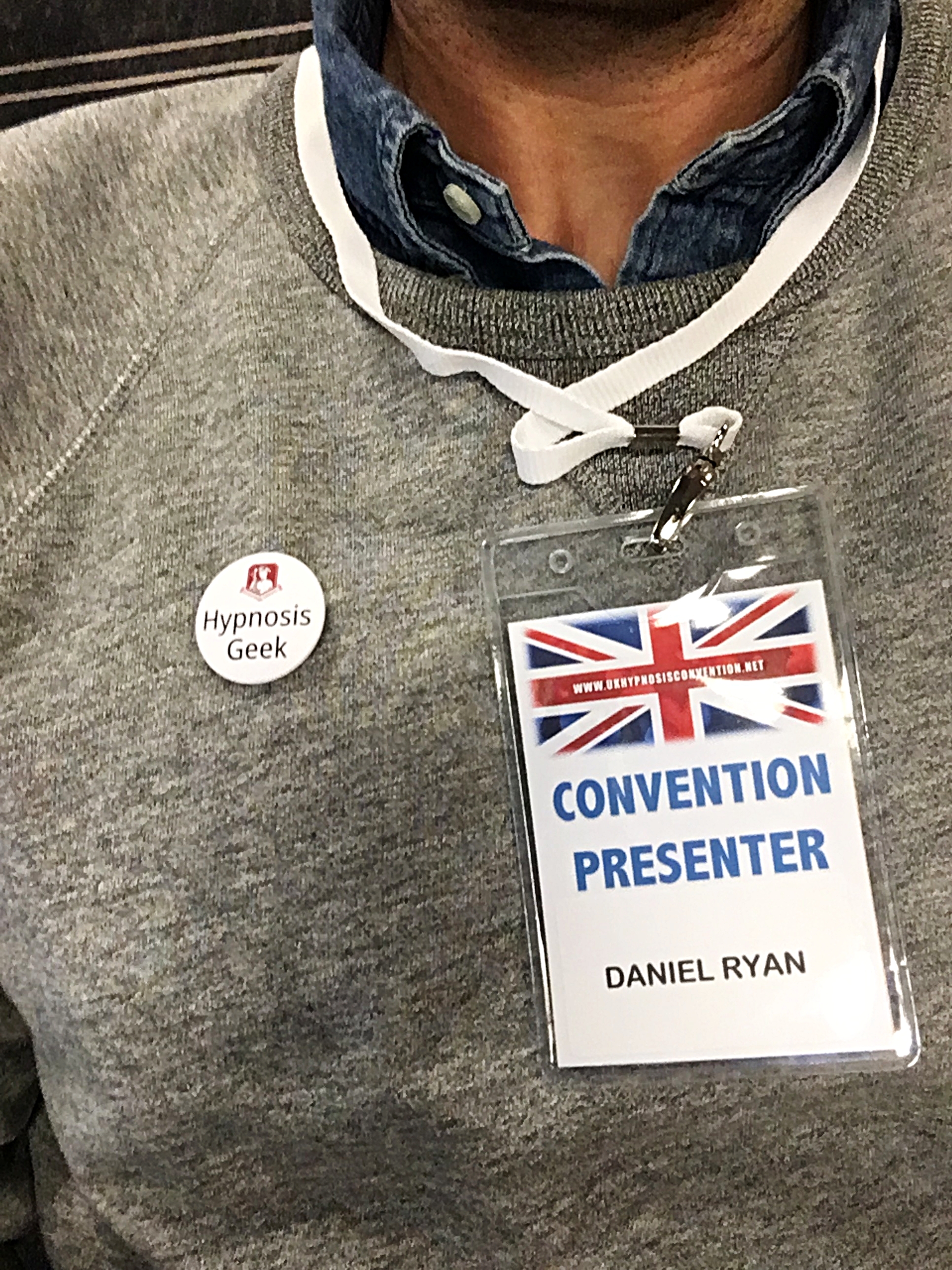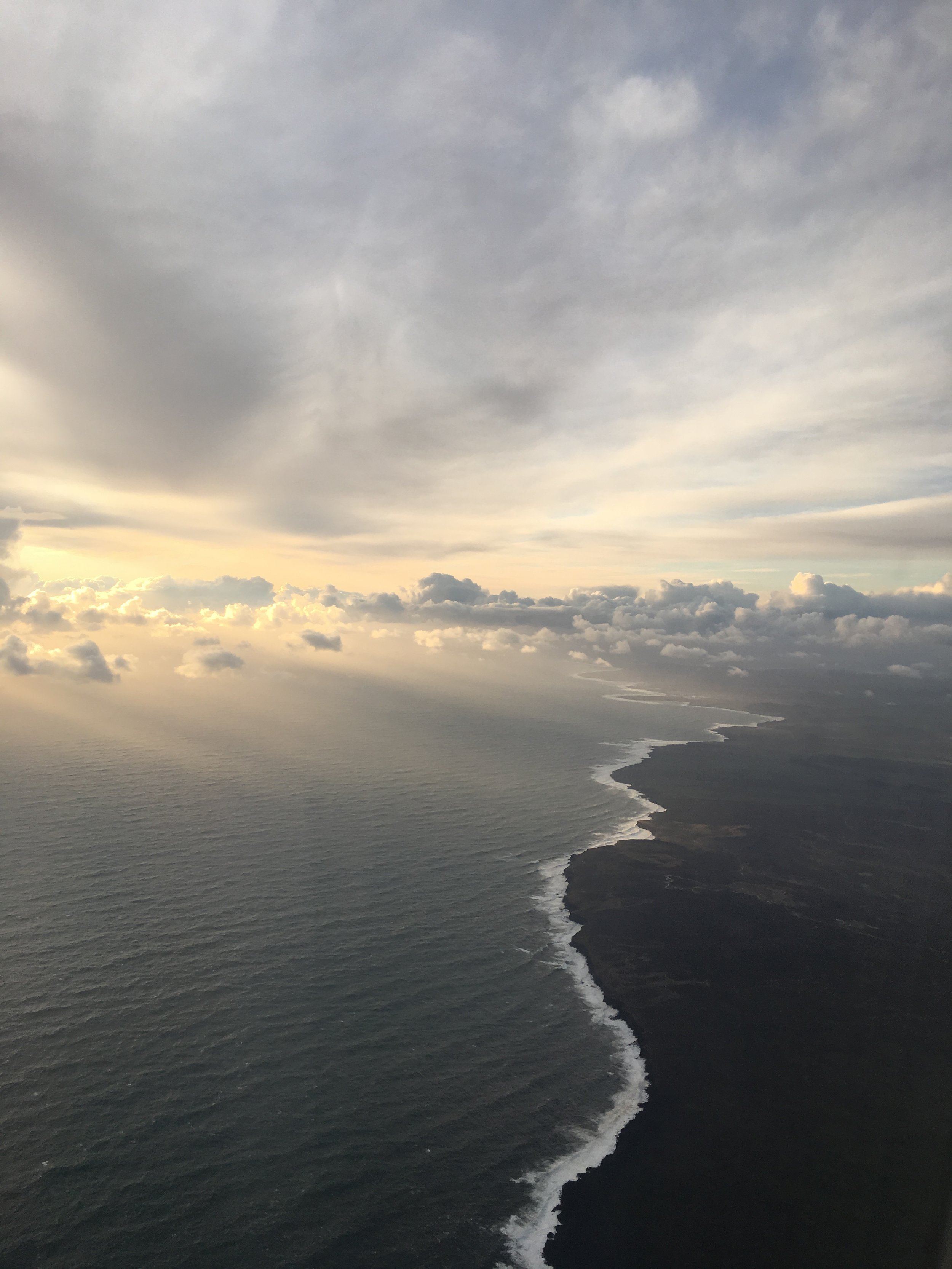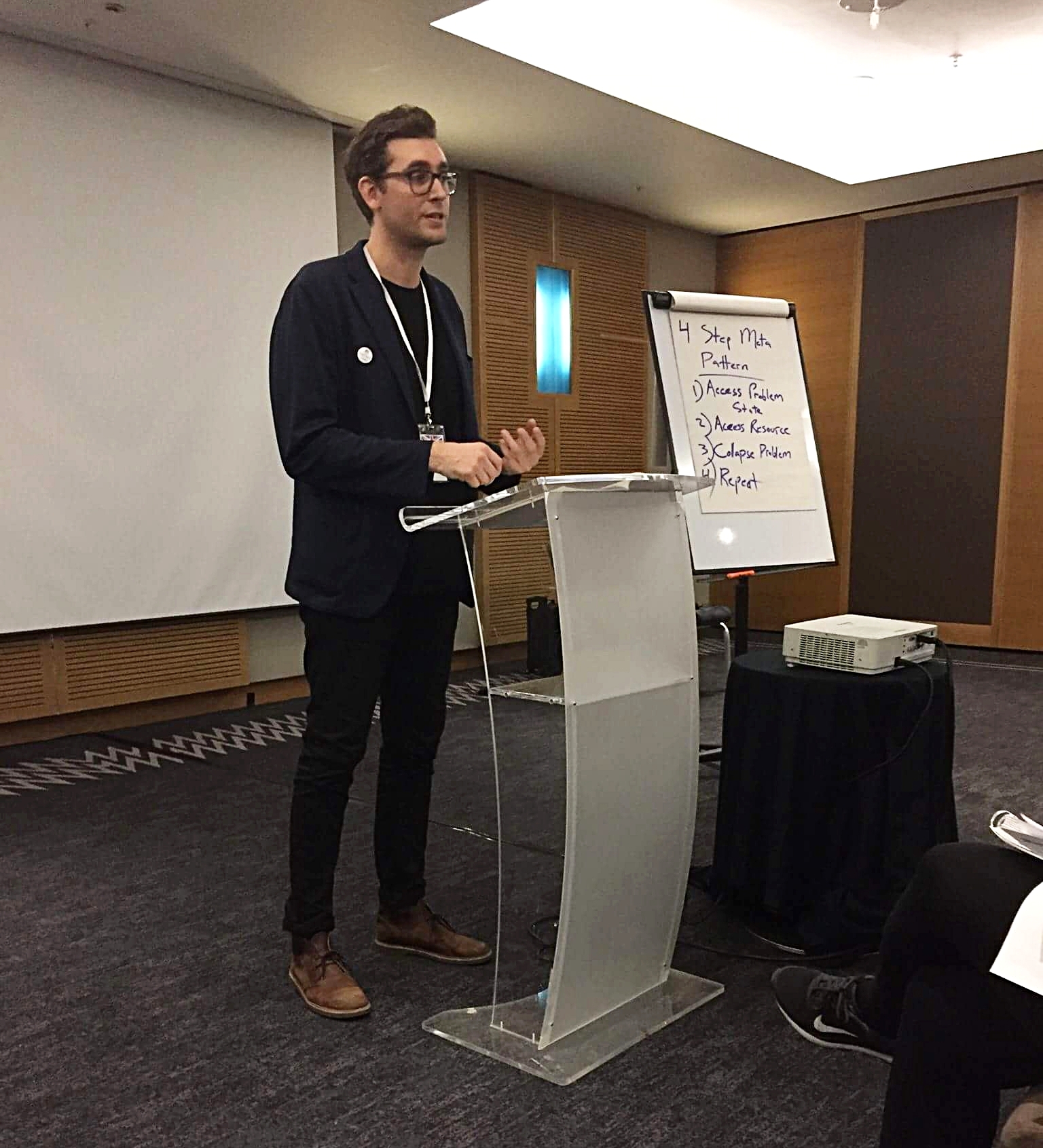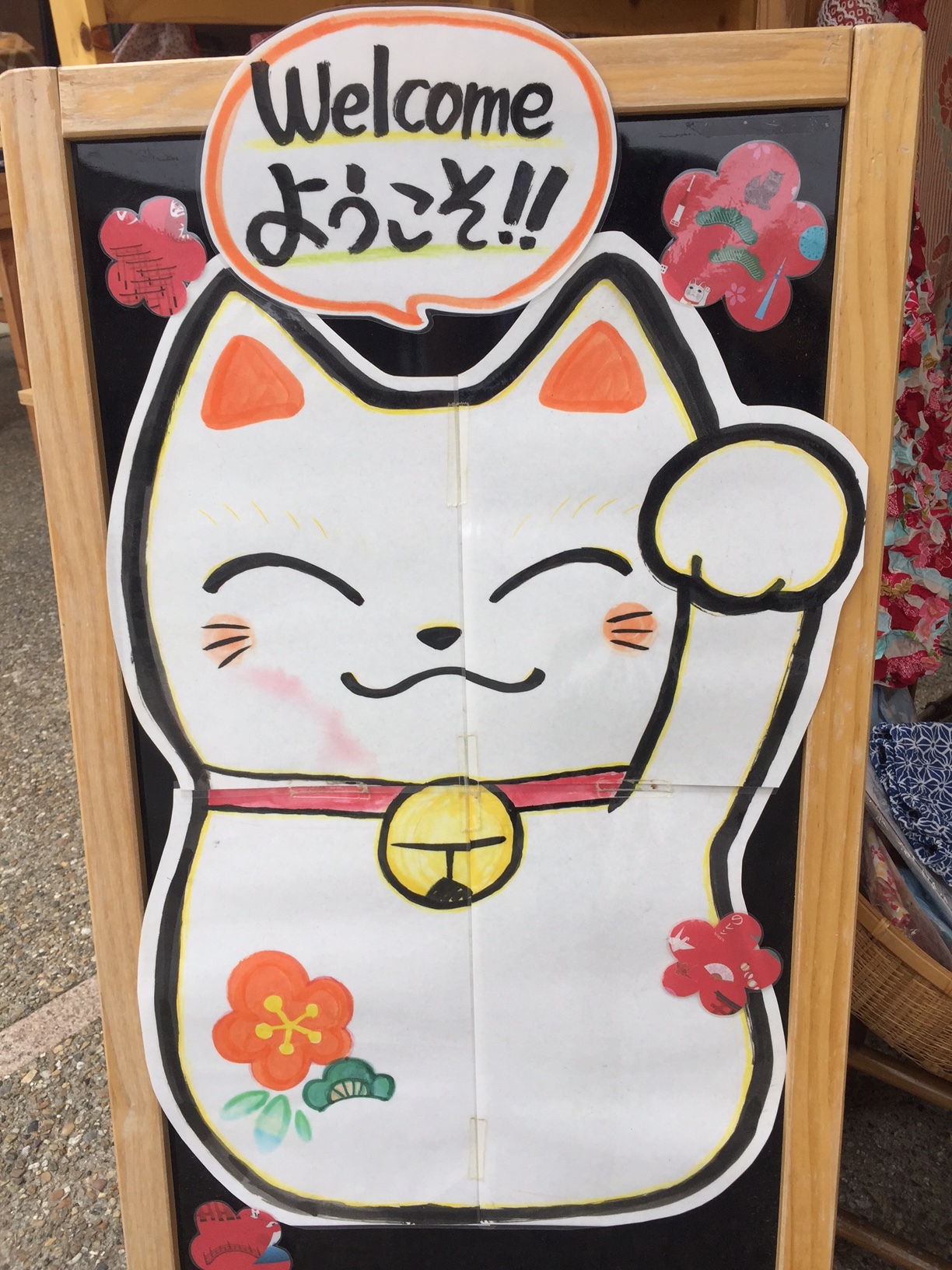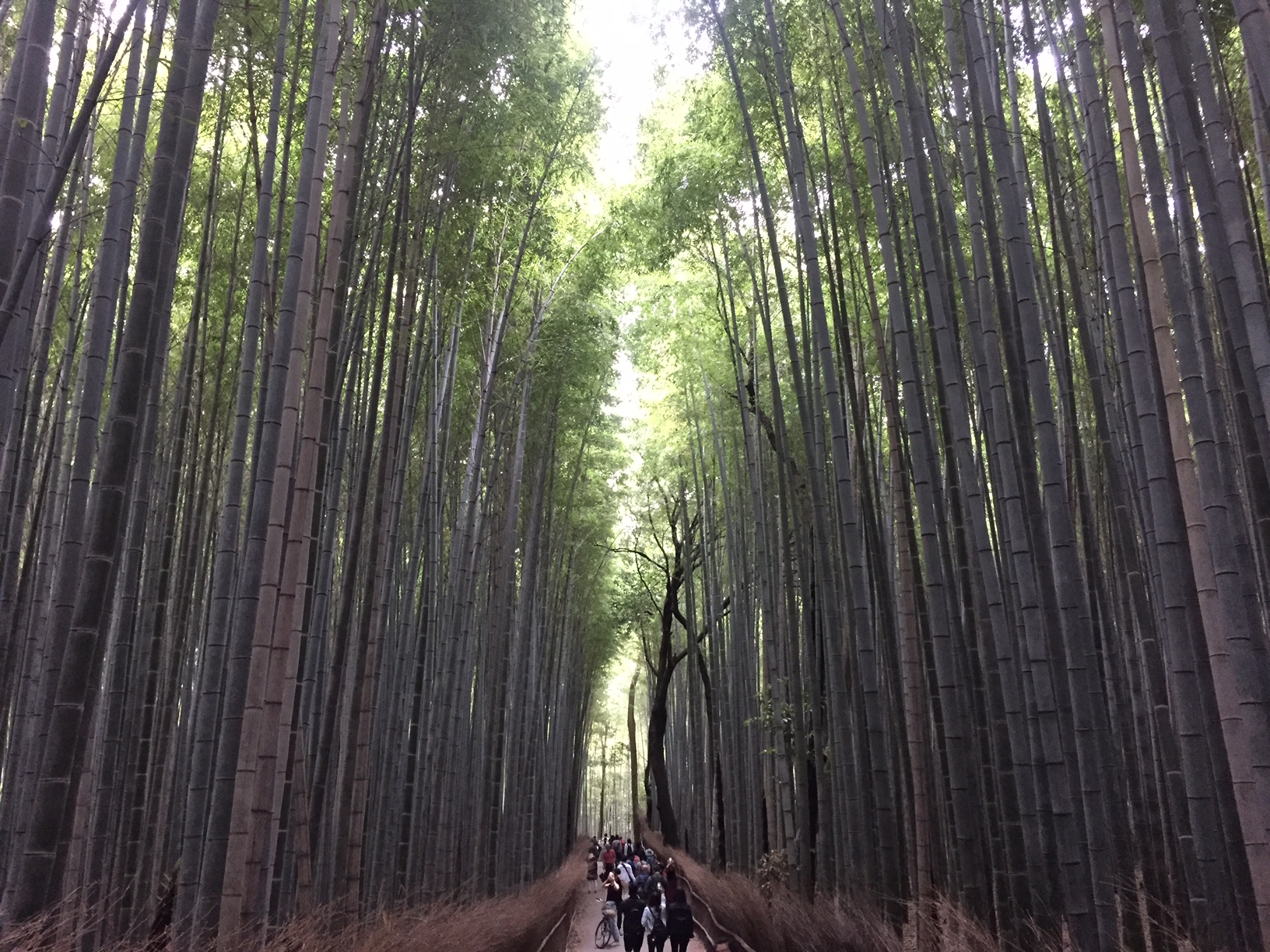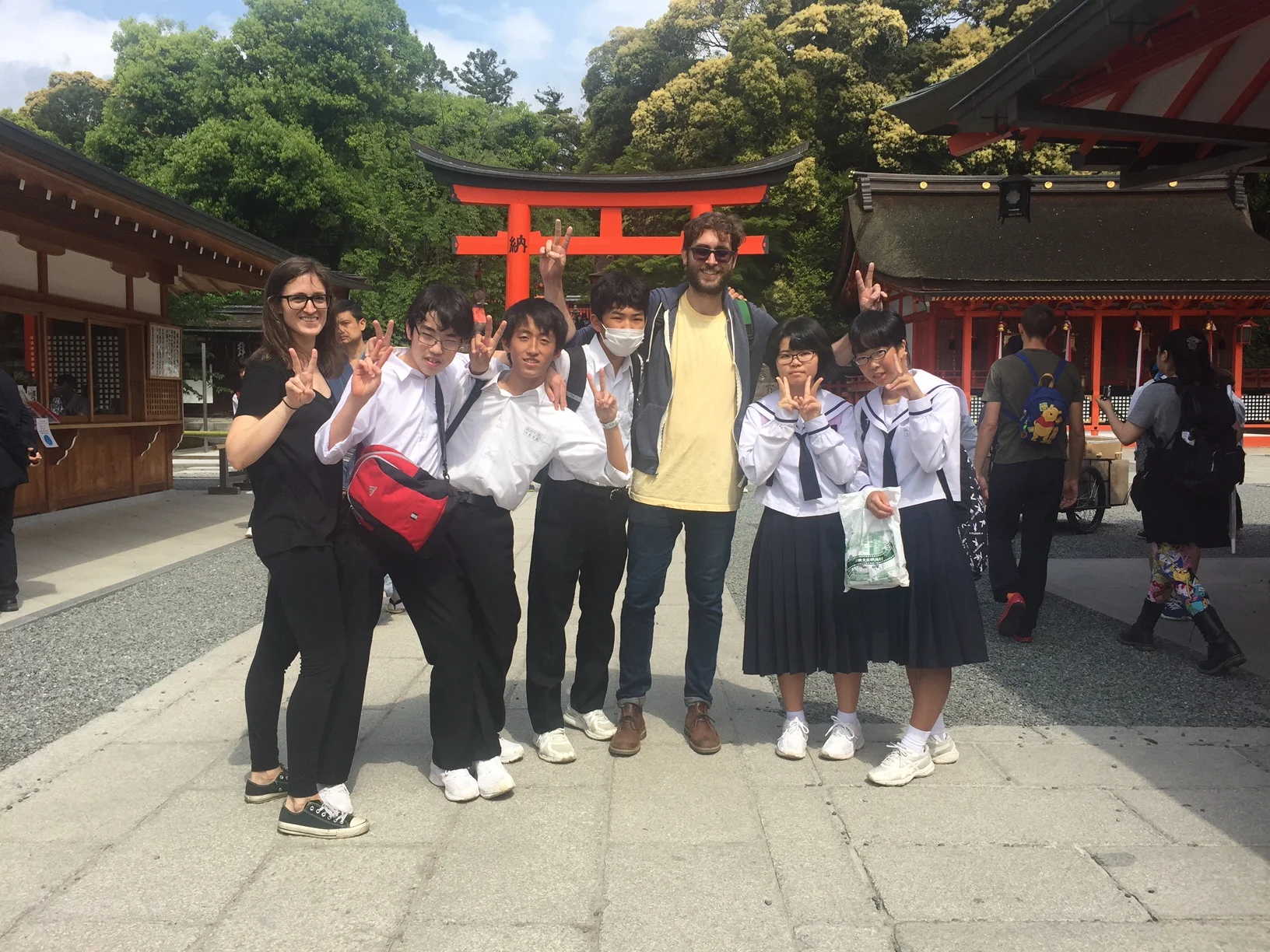I had the pleasure of speaking with the terrific and knowledgeable Adam Eason on his podcast, Hypnosis Weekly recently. Adam maintains private practice and leads the Anglo European College of Therapeutic Hypnosis which he founded in Bournemouth, UK, where he lives. He champions a scientific and evidence-based approach grounded in ethical practice and teaching from all sides which I highly regard and respect. On his blog, Adam has been quite articulate and outspoken on what he sees as the concerns within regression therapy. I agree with him on most - if not all - of his points and personally feel that what are often seen as problems with regression therapy are actually opportunities for a broader possibility space. During our conversation, I talk a lot about my experience with my father, watching him practice in the 90s when regression therapy was less than 20 years old, and in the second half I list out what I feel are the 5 most significant issues for the field to overcome. I'm grateful to Adam and his writing as he has helped me become clearer on what the challenges are put forth to regression therapy. You can listen to our conversation above, and I highly recommend the podcast in general for informed conversations within the field.
You Are The Expert On You
On a Venn Diagram of health and wellness offerings, it's hard to say where hypnotherapy would be. Somewhere near the margins, I imagine. Despite the absence of adverse side effects, it's being very cost-effective, or it's broad applicability, the entrenched PR problems of hypnosis usually overshadow other factors. The same feedback loop of messaging continues to cycle making little to no dent in the public perception or understanding. News stories and articles about hypnotherapy sessions usually go something like:
- Would this person make me cluck like a chicken/swing a pendulum?
- They didn't make me cluck like a chicken/stare at a swinging pendulum.
- We talked and they listened intently and asked interesting questions.
- We did some relaxing exercises that felt like guided meditation.
- I left feeling calmer and more peaceful as opposed to more agitated or worked up.
- I still don't get it. Maybe you'd like it?
It's an echo chamber of the same non-starting narrative. There are exceptions, of course, but I never cease to marvel at myself and my colleagues working in this field so deeply trained in listening and language, and so seemingly unable to explain itself.
Living and working in the vibrant and thriving wellness scene (it's a scene) in NYC, I notice often the conflation of luxury products with health and wellness services. Sometimes the marketing is boldly unethical. There are degrees and some are more egregious than others, but it's so pervasive now that containing it feels like a battle that's already been lost. It was due to this that reading my friend, Rachelle Robinett's recent article titled "I Helped Turn Wellness Into a Luxury Good. Now It's Out of Control" was refreshing and cathartic. I'm going to leave a few excerpts below, but please read the whole thing if you've come this far. Her story, in my opinion, is necessary and timely. I admire her courage and honesty in telling it.
"I see how wellness has become another way to display wealth, and commodifying health is more dangerous than fetishizing clothes. I see how it thrives on inventing new ailments, creating social pressure to cure them, and selling snake oil for how to do it. I see how, by embracing the idea that well-being must be bought, we’re becoming more and more distant from ourselves—our bodies, our minds, and our health."
"My new clients regularly confess that they don’t know how to make simple meals for themselves, how to get to bed on time, how to fall asleep without medication, or how to make time to work out. They can buy the potion, but they can’t buy the time to mix it into a smoothie (or a glass of water for that matter). These issues are serious, and correcting them is so much more important and effective than any supplement."
Writer and Holistic Health Practitioner, Rachelle Robinett.
"...from within the industry and with everyone’s wellbeing in mind, these are some of the ways I've learned to find health in more of the right places:
Try food first
As someone who has studied herbal medicine for many years, I firmly believe that food can do more good (or harm) to my body than any potion or pill. I believe that simply eating more vegetables can nix the perceived need for fancy remedies for most people, and produce is a hell of a lot cheaper too. Those “basic” foods you can find at most grocery stores often have fewer ecological and socioeconomic side-effects than so-called superfoods. By basic, I mean things like lettuce, carrots, garlic, and apples. And the more local, the better. As long as I'm mindful of my consumption, I'm on the right track.
Question products (and my motives)
While most of the wellness products on the market today aren’t inherently bad, details—such as quality, ingredients, and intent—really do matter. Before I buy a product, I ask myself: "Is this a shortcut that's going to handicap me in the long run?" "Is the intent to make me dependent on something rather than capable of caring for myself?" I read ingredient labels—not the marketing messages. I do research, check reviews, and get referrals from people I trust. And obviously, I question my sources. Searching terms like “the benefits of” is a sure way to get some confirmation bias. Need proof? Google “the benefits of Twinkies.”
Not everyone needs a healer and a supplement regimen
Perfect-health potions are a perpetual obsession of our species. I resist peer-pressure to have a healer, an astrologer, and a 12-ingredient daily smoothie. Or any unconsidered supplements in my life. (Unless it’s really good-quality probiotics. Just kidding, kind of.) If I'm taking supplements, I reality-check them once in awhile. Am I truly feeling better? Is it really worth the money? Nothing can counteract the effects of a poor diet or imbalanced lifestyle; if that were possible, we’d have a hangover cure by now.
Mind the social media
Today, every person can be a brand, and every brand can seem like a person; social media is full of blurred lines. So it’s on all of us to think about what we post, like, and share. It may be harmless to overshare over-styled smoothie bowls, but it can be harmful when celebrities endorse overpriced and untested products that none of us fully understand. (I recently suggested that a woman stop taking maca—which she'd tried after seeing it in her Instagram feed—in the evenings. Maca is known for increasing energy, and she was suffering from insomnia.)
Vegetables, sleep, exercise
Vegetables, sleep, and exercise remain the unchanging foundations of wellness. I try to avoid today’s conveniences that pardon me from focusing on those basics. If delivery meals means forgetting how to prepare a meal, or breathing apps distance me from my ability to know when I need to stop and breathe, they may not be worth it.
My health is my own
My wellbeing is my responsibility, but it’s also my adventure. It should be a source of happiness, not anxiety. How I feel, what my medical test results show, and the way I'm able to live my life matter far more than being on the latest superfood bandwagon."
Solid advice.
Meditation (and yoga) are constantly sold to us as good for us. Yet in their original forms there was something else; the intention to step out of the wheel of good and bad and do something different. To cease engaging - even if momentarily - in that cycle of judgment.
This after-work meditation series is intended for our community as a way to conveniently connect and detach from everyday stress. We focus on providing attendees with practical tools to relax and maintain balance. In collaboration with the founders and practitioners at Sanctuary Acupuncture & Holistic Health, the evening begins with light conversation or a reading grounded in meditation and it's usefulness in this increasingly noisy world. The meditation itself is 20 minutes and is followed by observations, sharing, and socializing.
Full disclosure: my fiancée, Sarah, is one of the brilliant minds behind Sanctuary. And her partners, Heather and Kristin, are close friends as well. When we say "community" we mean it.
- Join us on Monday, December 18th at 6 pm for the next opportunity to help yourself or someone else step out of that old wheel.
- 6-8pm (meditation begins at 6:30pm).
- Meditation cost is a budget-friendly $10.
- *Space is limited, so please RSVP to info@sanctuaryacu.com to reserve your spot.
Additional Special Offer:
- $10 ear seed treatments
- $20 Swarovski crystal ear seed treatments
Visit Sanctuary Acupuncture.
KCRW Podcast and Interview: Sleeping Knowledge
How does music resemble food? How can sound work like medicine? To treat chronic digestive pain, producer Ross Simonini tried everything until visiting hypnotherapist Daniel Ryan, who uses only the sound of his voice through a technique shared by orators, monks, musicians, parents—and magician David Blaine.
We also learn about the psychoacoustics of lawn sprinklers with Susan Rogers, a sound engineer who’s recorded albums for David Byrne, Barenaked Ladies, Tricky, and, most famously, Prince’s albums Purple Rain and Sign o' the Times. Rogers is one of the most legendary female sound engineers in an industry long dominated by men. These days, she’s also a professor at the Berklee School of Music, where she researches how our brains process sound.
Lastly, author Eugene Lim brings us speculative fiction on the interstellar connections between celebrity CEO Elon Musk and the Organist podcast itself.
Hypnosis segment produced by Ross Simonini.
Interview with Susan Rogers produced by Jenny Ament.
Click here to visit EVOLVE + ASCEND
Is it a common experience to have dreams, memories, and impressions of having lived more than one lifetime?
Yes, the subject of reincarnation has been popular and pervasive for centuries and I think the desire to be reborn in our own lives right now – while often latent — is so common and natural that it will result in dreams, fantasies, impressions, and feelings of all sorts. They will likely concentrate around the general subjects, of birth, death, and rebirth, which some philosophies consider the same moment.
Are these experiences of past lifetimes literally true, or symbolically and spiritually true? Both?
In my work I defer to the person having the experience as the expert on their experience. I do not tell my clients or students what for them is literally true, definitely a past life memory, or a symbolic journey of some kind. While the experiences may be memories of past lifetimes or they may not, it is clear that the narratives are operating metaphorically. And this points us to the way our conscious and subconscious minds communicate in dreams, archetypal or shamanic journeying, even psychedelic experiences. “Symbolic reasoning” in the human brain allows us to understand languages, transfer currencies, and appreciate art. We create layers of meaning through the same process which we understand them. Answering this question is honestly like a Buddhist’s game. What’s “real” anyway?
Different practitioners approach this differently. I engage the narratives compassionately and generally suggest we take what is useful and leave the rest. I am there to guide safely from one side of the experience to the other, to help interpret the symbols, and otherwise stay out of the way. After decades of trainings and practice, the lesson for me with a question like this has been not to pin the butterfly to the page. There is more to learn in keeping it alive, flying, and changing.
As a therapy, regression can be transformational.
What is past life regression? What does a typical session with you look like?
My sessions are 75 minutes long and usually begin with 20 to 25 minutes of conversation. My first question is always “How can I help you?” Depending on the response, we proceed this way or that. Past Life Regression in its simplest form could be described as a guided experience into what may be memories of past lifetimes using the voice, listening, the breath, nothing too fancy… My friend describes it as guided meditation with a specific agenda and a great deal of technique.
As a therapy, regression can be transformational. There are no universal prescriptions or magical recipes, so first discarding any superstitious thinking – Regression Therapy is foremost a compassionate structure for working with the past and memory. It is a marvelous tool for many people. My father was particularly gifted at working with and resolving trauma. Watching and learning from him was tremendous, though we practice very differently. My Dad was from another time and place that I think needed to break through repression and explore painful material courageously. At this moment, when there seems to be an unfathomable and insurmountable wave of feelings expressed through tweets, headlines, and status updates, I notice something more refreshing needed to invigorate the positive psychology and rise above that noise.
You’re a second generation hypnotherapist. That’s impressive! Could you tell us a little about what it was like growing up with an understanding of past lives? Did it shape your worldview?
It’s so built into my worldview, I simply can’t imagine life any other way. On the surface, perhaps the most significant gift was this other way of perceiving death. Not the subject the average person wants to discuss. Being able to conceive and ponder an expansive possibility space after that inevitable moment has certainly saved me a lot of unnecessary fear of what happens next. I still don’t know of course, I just feel I don’t need to be afraid of it, or avoid it, or pretend it’s not there.
Regression Therapy and I were both born in the late 70s and are about the same age. This is a particular detail which I feel strangely supported by as if we’re siblings or something. We entered the world around the same time and within a family. Growing up with past life regression was like growing up with a structure for self-exploration. What was so beautiful too, was how many other discoveries rest inside regression. For instance; meditation, hypnotherapy, the philosophy of reincarnation, Buddhist and Hindu thought and traditions, psychology and counseling, advanced guided therapies of all sorts…
perhaps my consciousness never belonged to me, that it was always just ‘consciousness’ and it will be that after
It would seem that past life experiences allude to the possibility that consciousness continues beyond one incarnation. That the whole cosmos is in a state of primordial flux, recreation, and metamorphosis. What’s your take on the “big picture?”
Alan Watts posits the possibility that we are “a flash of consciousness in between two eternal darkness’s” and that the Earth creates people the way a tree creates leaves. Cycles and seasons come and go. One leaf is very much like the others, yet different too. And Voltaire says “it’s not strange that we would live more than once. Everything in nature is resurrection.” I see all around me cycles of life, death, and rebirth, and have no reason to think we operate any differently.
The other side of that coin is that I think my ego wants to believe “I” will live again. Maybe that’s a modern Western invention, the cultivation of self and individualism, being told by films, TV shows, and commercials that we are important, free, and special… That message is essentially lovely, though its relentlessness may have trained (or programmed) us to want to believe certain things, such as that we will continue in other forms, and that we were here before too.
Ultimately, I love and agree with the question: “…consciousness continues beyond one incarnation. That the whole cosmos is in a state of primordial flux, recreation, and metamorphosis.” I would add that perhaps my consciousness never belonged to me, that it was always just ‘consciousness’ and it will be that after.
Briefly, what will students be learning later this week in your class, “Self-Discovery Through Past Life Regression” on Nura Learning—what should we expect to encounter?
Self-Discovery Through Past Life Regression will offer students the opportunity to play with these concepts and their own intuitions, memories, questions, and beliefs. At its heart the exercise is a tool for learning about ourselves compassionately and generously, and discovering new resources out of old stories.
We’ll begin with some discussion on the field, the exercises, and my background. Over the course of the evening students with be led through multiple regressions having the opportunity to explore sequences of past lifetimes and the narratives within. There will be time for commentary, Q&A, reflections, and most importantly attendees will be encouraged to find and strengthen a resource that they can use in their lives right now. There are infinite reasons to be curious or try past life regression. On top of being relaxing, refreshing, and relieving, often the most surprising observation is that it is just so useful.
Thank you, Daniel! This has been an enlightening conversation.
Self Discovery Through Past Life Regression: An Introductory Guided Experience
"It is not more surprising to be born twice than once; Everything in nature is ressurection."
—Voltaire
Past Life Regression as a practice compassionately engages the wheel of birth, death, and rebirth. Through exploration of self and relationships using the most fundamental elements of consciousness; the voice, breath, and listening - narratives emerge and unfold that are instantly strange and familiar. The experiences are framed as memories and operate metaphorically representing patterns of behavior, skills, talents, fears, and phobias, challenges and joys, and everything else in between.
While Regression Therapy itself is roughly 40 years old, the practice of guided group experiences dates back before ancient Egyptian civilization. Past Life Regression has roots in meditation, hypnotherapy, transpersonal psychology, shamanism, eastern philosophies, channeling, and more.
YOUR GUIDE ON THIS INWARD JOURNEY
Daniel Ryan is a second-generation hypnotherapist who grew up in and around the fields of advanced guided therapies. In 2011, he took over his father’s practice and opened his offices in New York City where he still maintains private practice today at The Center for Integrative Hypnosis. Through his decades of experiences, he has been fortunate enough to train with and know personally the pioneers of the field of which his father was one. (Daniel’s father, Jeffrey Ryan, served as the President of the Association for Past Life Research and Therapies) Today Daniel has a unique point of view on the field and champions ethical practice alongside thought leadership into new and exciting territories.
WHAT YOU RECEIVE
Over the course of this session, Daniel will guide you in:
• How to interpret the material and information received during Past Life Regression
• A brief background of the field
• Multiple experiences and opportunities to develop “sight” during Past Life Regression
• Following the shifting energies within guided trance experiences
• Allowing oneself to be completely immersed in the narrative
• Exploring the emotions, characters, and relationships that emerge
THE DETAILS
- Open to all - Stories of Past Life Regression: An Introductory Talk
- Wednesday: December 6th, 2017
- 1.5 hours - 8 p.m. EST / 5 p.m. PST
- Self Discovery Through Past Life Regression: An Introductory Guided Experience
- Wednesday: December 13th, 2017
- 2.5 hours - 8 p.m. EST / 5 p.m. PST
London and The UK Hypnosis Community
My friend and mentor, Melissa Tiers, came back from the first UK Hypnosis Convention in 2016 with nothing but enthusiasm and encouragement. She's popular for her wisdom and wit wherever she goes, and I try to follow as much of her advice as possible. She was insistent I go to London the next year and apply to be a speaker there, so I did. And for too many reasons to list here, I'm eternally grateful.
On a personal note, I was there with my fiancè and discovering London for the first time. The city combined what I love about Europe with what I love about New York (crumbling antiquity threaded into enveloping modernity, moody weather) and felt instantly familiar. Sarah had been there numerous times. We did a ghost tour, had the dim sum, and rode in glass elevators.
Nick Ebdon is the mastermind behind the convention. He and his team created a very special atmosphere that allowed for all the presenters and attendees to feel comfortable, conversational, and relaxed. I was honored to speak on Sunday about my early experiences with hypnotherapy in my family and a brief list of the problems and solutions in regression therapy. Hearing Adam Eason speak was also a pleasure. He is that rare teacher and therapist that operates in evidence-based practice, scientific research, and data-driven results. Adam was kind enough to invite me to speak with him on his podcast next week and I look forward to it.
Creative Trances Rule
You may know or have heard somewhere this idea that is the core principle of trance: all hypnosis is self-hypnosis. While it's true that there are countless external sources of stimuli competing for our attention (I live in NYC and can't leave my apartment without instantly seeing more advertising than my brain can consciously comprehend.) it will be our own filters and biases that ultimately decide what we become aware of, what scares or excites us, what "sticks", and what is deleted without a trace.
The story we're telling ourselves is the dominant narrative, and the most powerful hypnotist at any given moment is the voice in our heads. Writer's Block, for instance, is a kind of self-defeating, self-perpetuating, state-inducing story about what's not happening that can have in it traces of procrastination, anxiety, laziness, shame, and other corrosive agents. With the writers I work with we'll usually use past life regression early on because past lifetimes or not, the exercise ignites the story-telling machine in our psyche and generates potent living metaphors.
I'm extremely excited to offer Trance Writing: Guided Creative Awakening at the beautiful Assemblage at their NoMad location in Manhattan. During the evening there will be discussion, exercises to induce trance, and time to write.
FOR ATTENDEES:
Please bring with you one or more of the following:
- A project or idea currently in development to work with is suggested, but not mandatory. Those looking to discover new ideas will also find benefit.
- A notebook, pencil, pen, laptop, tablet, quill, ink, scroll, or other writing instrument of your preference.
- Questions about creativity, its definitions, boundaries, sources, and pollutants.
Maha Rose is a special place. It's a true community space for the people by the people. It was founded by Lisa Levine, supported and nurtured by Luke Simon, and continuously tended to by too many others to mention here. I first offered a Past Life Regression workshop there in 2012. It was an early time in my career and one I look back on now with some sentimentality.
It's my pleasure to return there to offer Meditation, Hypnosis, & Past Life Regression. These three systems are the three concentric circles I work in. Or to use another metaphor; meditation is like a glass of water, hypnosis is like a swimming pool, and past life regression is like the ocean. I will elaborate at length on this metaphor during the event itself at which time we'll also experience and discuss together what is observed, felt, known, unknown, perceived, hidden, discovered, and kinda funny.
- Join us Friday, November 10th -- Meditation, Hypnosis, & Past Life Regression
- 7:30pm-9:30pm
- Maha Rose: 97 Green St G3, Brooklyn, NY 11222
To Be Mystified and Amazed...
Introducing THE PSYCHIC TRANCE SESSIONS
YOU ARE INVITED to a guided journey to and from the other side, facilitated by hypnotherapist Daniel Ryan and mystic Mike Domitrovich. This modern metaphysical happening is designed to encourage critical conversation on the definitions and functions of healing, trance, and psychic phenomena.
The artists do not know what will happen during the performance in advance, and they may not know what happened afterward. The natural elements of exhibition will be calibrated to empower a subjective learning and healing exchange creating a “purified” artistic space - one which is free of all unnecessary aspects. There is nothing to prove or disprove. We ask the group to accept or reject nothing. While the players are active, there is no limit to the space inside the space.
During the piece, Mr. Ryan - a hypnotherapist with decades of experience in his field - will speak on and use trance before a live audience to bring Mr. Domitrovich - artist, healing channel, and creator of EdibleSpirit - into a deep near-somnambulistic state of unconscious awareness where anything can happen.
Possibilities thereafter may include (but are not limited to) the transmission of information from before or after life, dialogues with non-human entities, the release and relief of trauma through healing catharsis, or narratives relevant to the group that contain unique insights. Individual readings and healings may also occur, along with energetic re-alignment, connections with loved ones who have passed on, and/or the manifestation of non-physical beings.
Please, no photography or recording.
- WHEN: Sunday, 10/29 - 2 sittings - 3-5pm and 7-9pm
- WHERE: The Center for Remembering and Sharing (CRS) 123 4th ave. New York, NY 10003 (between 12th and 13th st.) 3rd. floor (The WHITE ROOM)
- TICKETS: $10 in advance- RSVP thru links below.
- For 3-5 sitting: ediblespirit.com/event-rsvp/no-limit-3-5
- For 7-9 sitting: ediblespirit.com/event-rsvp/no-limit-7-9
Me and Levi at the park.
Upcoming Events: As Summer Turns to Fall
Not one to wish time away, it still seems to speed up. The calendar is filling and the Fall is feeling imminent as a significant rain washes NY this Friday. Tom Robbins says "The weather should either be celebrated or ignored."
For those interested in attending events or trainings this month or in the months to come, please find some of what's happening below. I hope to see you.
WOOM Center
CELLULAR NARRATIVE: EPIGENETICS & REGRESSION THERAPY
- The Alchemist's Kitchen NYC
- September 6, 7:30-9pm
- 21 East 1st Street, NYC
- Visit The Alchemist's Kitchen
PAST LIFE REGRESSION REIMAGINED: TRANSFORMING THE BRAIN THROUGH METAPHOR AND MEMORY
- 2-day weekend practitioner's training at The Center for Integrative Hypnosis
- October 7 & 8, 1 - 7pm each day.
- 135 W 29th St. Suite 604. NYC
- Sign up here
PAST LIFE MEDITATIONS THROUGH VOICE & SOUND
- WOOM Center NYC
- Saturday, October 14, 7:30 - 9:30pm
- $40, 274 Bowery, 2nd Floor, New York (bet. Houston & Prince)
- RSVP HERE
LONDON: UK HYPNOSIS CONVENTION
- London Hilton, Canary Wharf
- Sunday, November 5: speaking on advanced Regression Therapy
- Learn more about the conference here
- Contact me for appointments
MEDITATION, HYPNOSIS, & PAST LIFE REGRESSION
- Maha Rose in Greenpoint, Brooklyn, NYC
- Two Nights: Thursday, 10/26, Friday, 11/10. 7 - 9pm
- $40, space is limited
- Visit Maha Rose
The team at Expectful
Expectful: Guided Meditation and Mindfulness for Fertility, Pregnancy, and the Motherhood Journey
Early on, Mark (The CEO of Expectful) called me with a unique challenge. He knew I was a meditator who had deep training in hypnotherapy and linguistics, and wanted to design together meditations, scripts, and experiences that would benefit pregnant women. Personally, it was an opportunity to honor my mom (who is a meditator), my grandmother, my fiancé, my nieces, and all the other terrific women in my family and my community. The company’s mission aligned with my values and has since offered some of the most rewarding collaborative relationships in my life.
Expectful is all about the mind-body connection as more than an idea. It's the key to navigating the physical, mental, and emotional aspects of every stage of life - particularly motherhood as far as the company's focus is concerned, from the moment you decide to conceive. In Expectful's meditation toolkit, we’re making it easier than ever to create health and well being through mindfulness, and making meditation as common as prenatal vitamins.
Each experience has been customized depending on what stage of the motherhood journey you are in. They are available online and on our app. For every subscription purchased, we give one to someone in need. We call it 3 for 1, because your meditation practice will benefit the lives of three other people: your baby, another expecting mom, and her baby.
The Alchemist's Kitchen
The Alchemist’s Kitchen is part of Evolver, a hub for the global transformational community. Evolver presents online learning through the Evolver Learning Lab, publishes the online magazine Reality Sandwich, and offers social commerce on Evolver.net. A growing movement of conscious living is underway and The Alchemist's Kitchen supports holistic health practices while caring for the world we live in. Through their events and articles, they educate on what it means to create a lifestyle that is environmentally and ethically responsible.
Next month I'll be leading Meditation, Hypnosis, and Past Life Regression at TAK and we're going to do something new. We're going to put these three practices together in action using a simple metaphor. Meditation is like a glass of water - simple, refreshing and easily accessible. Hypnosis is like a swimming pool - we submerge and explore varying depths. Past life regression is like an ocean - seemingly infinite in scale and filled with mystery and uncanny revelations. Though mechanically meditation, hypnosis, and past life regression can appear the same, each of the three experiences are vastly different. But where and what are these differences?
- The Alchemist's Kitchen
- 21 East 1st Street, New York, N.Y.
- Tuesday, July 18th, 8-9:30
- $20, $25 at the door
Go To Japan and Thailand
Me creatively illustrating the meaning of "All hypnosis is self-hypnosis." Photo by Jordan Hollender.
Regression Reimagined: Transforming the Brain Through Metaphor and Memory
This July 15th and 16th I'll be leading a training called Regression Reimagined which will integrate the techniques I originally learned from my father and his fellow pioneers decades ago with the modern protocols of my friends and teachers, Melissa Tiers and John Overdurf. Teaching and leading groups in regression is some of the most fun I have at work (and I love my job!) so I'm super-excited for this one.
As with any modality, it is both art and science and there is a spectrum of approaches that can be taken. Together, we will zoom far enough out to see the exploration of these metaphors as creative play, advanced therapy, and everything in between. And we will zoom close enough in to appreciate with compassion and respect this amazing tools ability to create shifts, relieve trauma, dissolve phobias, heal relationships, and transform lives.
This training is intended for students and practitioners with at least a beginner's knowledge. That said, if you're interested shoot me a message. We may be able to arrange for a primer to get up to speed. Space is limited and going quickly, reserve your spot now! "Early bird" pricing for a little while longer. Details in the link right here.
Japan & Thailand
For the next three and a half weeks I'll be traveling in Japan and Thailand. From May 2 - May 25th I'll be on the road, in a plane, on a boat, potentially on the back of an elephant, (under only the most humane circumstances, otherwise I'll decline) on a motorbike, in the back of a tuk tuk, smiling over a bowl of delicious ramen, or generally gawping at the beauty and madness on the other side of the world. It will be my first time meaningfully exploring Asia. Almost a decade ago, I was staying on the Asian side of Istanbul, "The Gateway to the East" they call it. That time I didn't make it past the threshold. This time I'm going deep.
There will be temples, monasteries, restaurants, hotels, cities, forests, jungles, rivers, parks, anime, cherry blossoms, manga, beaches, islands... I'm ready for an adventure. And prepared for a culture shock that may take a few days (weeks? years?) to subside. Many of the therapies and techniques I'm trained in are based in Eastern philosophies put through Western filters. I'm beyond excited to see that second layer finally removed.
Leaving NY has got me thinking about NY. Whenever I travel there's a part of my mind meditating on home. And this particular trip already feels different. My girlfriend and partner, Sarah, recently completed her grad program (She was valedictorian!) and she's now launching her practice as an Acupuncturist. Her business is called Sanctuary and at this early stage, it's set up for success. There is a lot to celebrate. Yet leaving can feel like abandoning multiple projects midstream, even though everything is prepared and leaving is essential. Such is the mindset of concrete, steel and glass. It's like the illusion that holding on tighter will draw something closer, or make it more dear. One more day of the (true) joy of work, and then... holiday.
New Website
I understand when someone has an averse reaction to technology and usually applaud those friends and acquaintances who have chosen to simply live without smart phones and social media. It can feel like going against nature - moving against the trends of one's time. Often when I'm feeling introverted, looking at social media can feel pushy and invasive to me. Other times, I love it and ride the wave of pleasure and fun posting pictures of my dog or some random adventure. It's all a nice distraction, from a certain point of view.
Another point of view as a small-business owner would be that to not engage with the tools available to me would be somewhere on a spectrum of silly to stupid. It would be cannibalistic to my own potential for growth, if it was done without purpose...
I've had websites up for my practice since i began in 2011. I haven't always updated them regularly. This one is new however. Its purpose is new too. This is a foundation. The previous ones were intended to present a picture and now those old photos feel like they are all collected here. I feel like I've cleaned my home or organized my cabinets. Things in rows and right angles. The kerning that occurs internally.
At the Woom Center, In the air.
Last Weekend at The Woom Center
At Past-Life Mediations through Voice and Sound on Saturday, people shared their stories and listened to each other generously. The variety and creativity of the metaphors was consistently fascinating. It's the best when people share. Inevitably it helps someone out who's having a similar experience and can learn something new. And then to add to the fun, you'll have pockets of the room or clusters of people who all have similar experiences in similar places. For instance, four people near the corner who all had experiences on ships at sea, or the right side of the room were all in the desert. The suggestion appears to be we're not unlike antennae picking up each others' signals.
The blurry chaps in the background, that's Doug and Nick.
Stories from the Outside In
At Doug O'Brien and Nick Kemp's recent workshop, Stories from the Outside In, I was able to reduce the prologue of my book to a two-minute story. I didn't know what to expect, really. Nick charmed me with his acerbic wit and love of Nick Cave. And Doug's openness and knowledge... The two are a marvelous teaching pair and can tear up a ukulele/keyboard jam like nobody's business too.
They weave hypnosis, linguistics, and storytelling 101 into a marvelous and inspiring training. One of the goals of the weekend is to create a "two-minute story." As mentioned, mine is basically the prologue of my book which will inevitably be longer when it's released. The title is "3 Deep Breaths: Stories of Meditation, Hypnosis, and Past Life Regression" and it begins with my father.
Jeffrey was a motherless bastard. He did not know where or to whom he belonged. He didn't have the modeling of good parents, proper etiquette, or the schoolyard resilience of other boys. He was branded as a nerd early on in a time and place where that was still an insult, and generally looked down upon. Jeffrey served as an altar boy attending to the priests and masses while remaining unchosen for years by the parents-to-be that were passing through. "I guess God wants you because no one else does." Said one of the nuns. He didn't hear cruelty though. Instead he heard a calling and felt this meant he was supposed to be a priest.
Jeffrey had witnessed God's authority and knew intimately the benevolence and the brutality, the compassion and the cruelty, the righteousness and the wrath. That was why in 1958 when he found himself at the age of 19, stationed in San Antonio, TX, being taught direct suggestion hypnosis by the US Military in their experiments with psychological warfare - he had an advantage. Years of watching congregations genuflect, worship, and seek redemption from the human surrogates for God that were the priests and nuns had taught him how to offer the security of the divine. The scientific experiments of the cold war allowed Jeffrey to channel these holy men and women he grew up with into a clinical process.
As an orphan and a bastard, he was ineligible for priesthood. Yet in the laboratories of the base he found use for his intelligence and more social acceptance than he'd ever known in his life. Everyone was from somewhere else. In Jeffrey's voice there was something special, something the others didn't have. He didn't know it yet, but he would learn. Language was the first form of magic, that's why we call it spelling. Through his invocations, incantations, and direct suggestions he was discovering himself as confident, perhaps even a leader. In the empty space where his family would have been, there was a path forming, but would this holy man find a church?
Past-Life Meditations Through Voice and Sound
Past-Life meditations are my way of introducing people to the experience of being guided through metaphors in the mind. Curated from ingredients like guided meditation and creative visualization, benefits may include a quiet mind, inspiration and old fashioned chilling out. This Saturday evening will be an experience like no other. I'm beyond excited to join the community of incredible people at the WOOM Center. The feeling David Zach-Shemesh and Elian Zach-Shemesh have created there is one I look forward to returning to again and again. And the audio/visual set up! The culmination of the care and work that has been put in is beautiful. The space itself is a work of art.
Saturday 3/25 at 7:30
274 Bowery, 2nd Fl, NYC
#pastlifemeditation
#pastliferegression
#woomcenter
